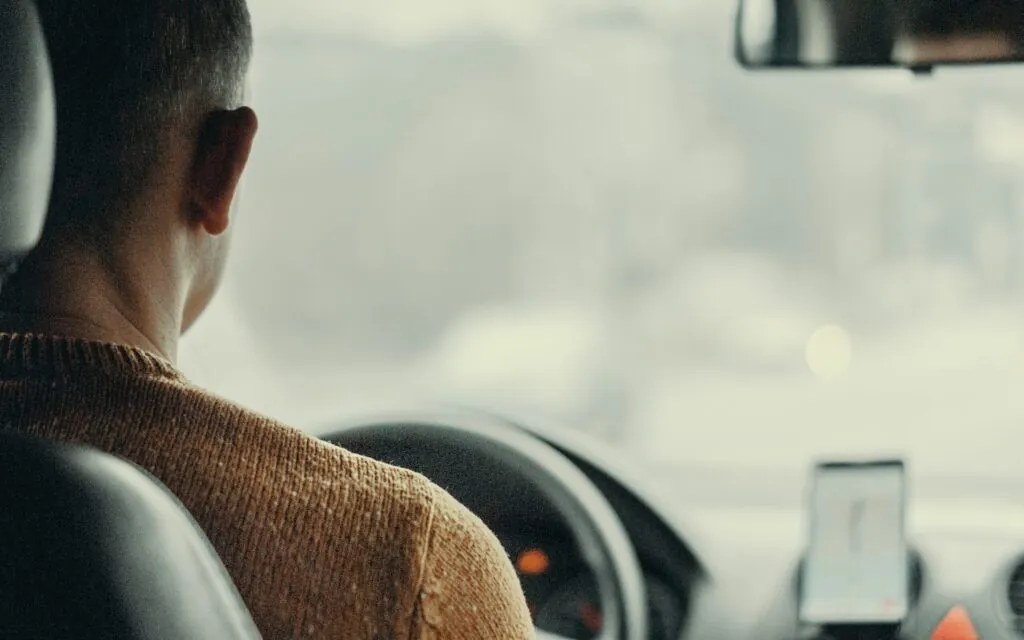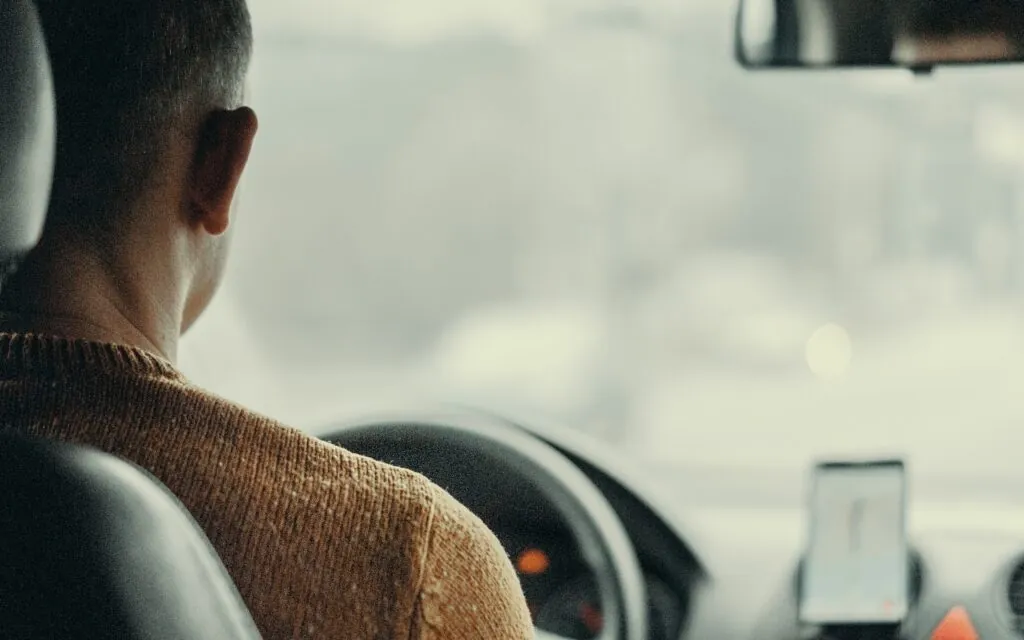Who is liable in a Florida car accident, the owner or the driver?
Determining liability in a car accident is a crucial aspect of navigating the aftermath, particularly in Florida where the laws governing such situations are uniquely complex. Whether you are the owner of the vehicle involved or the person driving at the time of the accident, understanding who is legally responsible for damages can significantly impact the legal and financial outcomes. This article explores the intricacies of liability in Florida car accidents, shedding light on when an owner or driver may be held accountable.
The state of Florida follows specific doctrines and statutes that influence how liability is assessed in car accidents, which can often lead to surprising results for both vehicle owners and drivers. With the expert legal guidance of Lawlor, White & Murphey, individuals involved in such incidents can navigate these legal waters with greater confidence and understanding.

The Basics of Vehicle Liability in Florida
In Florida, vehicle liability is primarily governed by the state’s no-fault insurance laws. Under this system, every motorist is required to carry Personal Injury Protection (PIP) insurance. This coverage ensures that, regardless of who is at fault in an accident, each driver’s own insurance covers their medical expenses and certain other losses up to a set limit. However, this system does not negate the need to determine fault, especially when damages exceed the PIP coverage or in cases of severe injury where legal action for additional compensation is necessary.
Owner Liability
Vehicle owners in Florida can be held liable for accidents involving their vehicles under certain circumstances. This liability is rooted in the principle that owning a dangerous instrument, such as a car, carries inherent responsibilities. Generally, if someone else is driving your vehicle with your permission, you as the owner could be held financially responsible for any harm caused by the driver’s actions. This is especially significant in Florida due to the Dangerous Instrumentality Doctrine, which we will explore in more detail later.
Driver Liability
While the vehicle owner’s liability is broad, drivers are not absolved of responsibility. Drivers can be held directly liable if their negligent actions lead to an accident. This includes situations like reckless driving, DUI, or violation of traffic laws. In such cases, the driver’s actions are the direct cause of any damages or injuries, potentially leading to personal liability.
The interplay between no-fault insurance law and the responsibilities of vehicle owners and drivers creates a complex legal landscape in Florida. Understanding these nuances is crucial for anyone involved in a car accident, whether they are the vehicle owner, driver, or an injured party.
Owner Liability: The Dangerous Instrumentality Doctrine
One of the key legal principles affecting car ownership in Florida is the Dangerous Instrumentality Doctrine. This doctrine holds that the owner of a tool or device that inherently has the potential to cause harm (such as a vehicle) can be held responsible for damages caused by that tool, regardless of the owner’s direct involvement. This reflects a broader legal recognition that owning and lending such a tool carries significant responsibilities.
Application in Florida
In Florida, the Dangerous Instrumentality Doctrine is particularly significant in the context of car accidents. If you, as the owner, lend your car to another person and that individual causes an accident, you could be held liable for the injuries and damages incurred by the accident. This liability arises because, under the law, giving someone else permission to use your vehicle is akin to assuming responsibility for their actions while they’re using it.
Exceptions and Limitations
There are exceptions to this rule, however. If the vehicle was used without the owner’s permission or stolen, the owner typically would not be held liable. Furthermore, certain commercial vehicle arrangements, like those involving rental cars, might have specific contractual stipulations that impact how liability is assigned.
Understanding the implications of the Dangerous Instrumentality Doctrine is crucial for any vehicle owner in Florida. It highlights the importance of being cautious about whom you allow to drive your vehicle, as the legal and financial consequences can be substantial.
Driver Liability: Exceptions and Scenarios
While the Dangerous Instrumentality Doctrine places substantial liability on vehicle owners, there are distinct scenarios in which the driver’s actions can lead them to bear full responsibility for any resulting accidents and damages. This shift in liability typically occurs when the driver engages in behavior that is clearly negligent or reckless.
Direct Negligence or Recklessness
Drivers are held liable if their actions directly lead to an accident. Examples include driving under the influence of alcohol or drugs, excessive speeding, or violating traffic laws in a manner that directly causes a collision. In such cases, the driver’s negligent behavior is the primary cause of the accident, which can lead to them being solely responsible for any legal consequences and financial reparations.
Non-Permissive Use
If a driver uses a vehicle without the explicit permission of the owner, the owner might be exempt from liability under the Dangerous Instrumentality Doctrine. This includes situations where a vehicle is taken without knowledge or where a previous permission is explicitly revoked, shifting full liability to the driver.
Commercial Driving Exceptions
Commercial vehicle drivers, such as those operating under employment terms, may also find different liability rules applicable. Employers are generally responsible for their employees’ actions while in the course of employment. However, if the employee deviates significantly from their employment duties — for example, by using the company vehicle for personal errands — liability may shift back to the driver.
Understanding these nuances is vital for both drivers and vehicle owners to fully comprehend their legal responsibilities and potential liabilities in the event of a car accident.
Comparative Fault in Florida
Florida operates under a comparative fault system, which plays a critical role in determining liability and compensation after a car accident. This system allows for the distribution of fault among all parties involved based on their degree of responsibility for the accident. Understanding how comparative fault impacts liability is crucial for both plaintiffs and defendants in a car accident lawsuit.
How Comparative Fault Works
In cases where multiple parties contribute to an accident, Florida’s comparative fault rule adjusts the compensation each party can receive based on their percentage of fault. For instance, if a party is found to be 30% responsible for an accident, their recoverable damages will be reduced by 30%. This system ensures that compensation is awarded in a manner that reflects each party’s contribution to the accident.
Impact on Liability and Compensation
Comparative fault affects both the pursuit and the outcome of liability claims in Florida. It requires detailed investigation and strong legal arguments to accurately establish fault percentages among all involved parties. This complexity often necessitates skilled legal representation to ensure that all factors are properly considered and that the client’s liability is minimized while maximizing potential compensation.
Role of Legal Representation
Lawlor, White & Murphey have extensive experience with Florida’s comparative fault system. They are adept at navigating these complexities, gathering necessary evidence, and building a compelling case to support their clients. Their expertise ensures that clients are not unfairly burdened with an excessive percentage of fault and that they receive the maximum possible compensation for their damages.
Contact Lawlor, White & Murphey Today
Determining liability in a Florida car accident involves navigating a complex legal landscape, influenced by the state’s no-fault insurance system, the Dangerous Instrumentality Doctrine, and comparative fault rules. Whether you are the owner or the driver involved in an accident, understanding who is liable can have significant implications for both legal and financial outcomes.
Owners may be held liable under the Dangerous Instrumentality Doctrine if their vehicle, lent to another, is involved in an accident. Drivers can be held accountable for their actions, especially if negligence or recklessness is evident. The comparative fault system further complicates these scenarios by apportioning liability and damages based on each party’s contribution to the accident.
In such intricate legal terrain, the expertise of Lawlor, White & Murphey is invaluable. Their deep understanding of Florida traffic laws and dedication to their clients ensure that those involved in car accidents receive not only comprehensive legal representation but also a strong advocate in their corner. By leveraging their experience and resources, Lawlor, White & Murphey can help clarify liability, negotiate with insurers, and fight for the compensation you deserve.
If you or someone you know is navigating the aftermath of a car accident in Florida, do not underestimate the importance of professional legal counsel. Contacting Lawlor, White & Murphey early in the process can provide you with the guidance necessary to protect your rights and secure a favorable outcome in your case. Contact Lawlor, White & Murphey today at 954-525-2345 or book a consultation online to schedule a free, no-obligation consultation.
